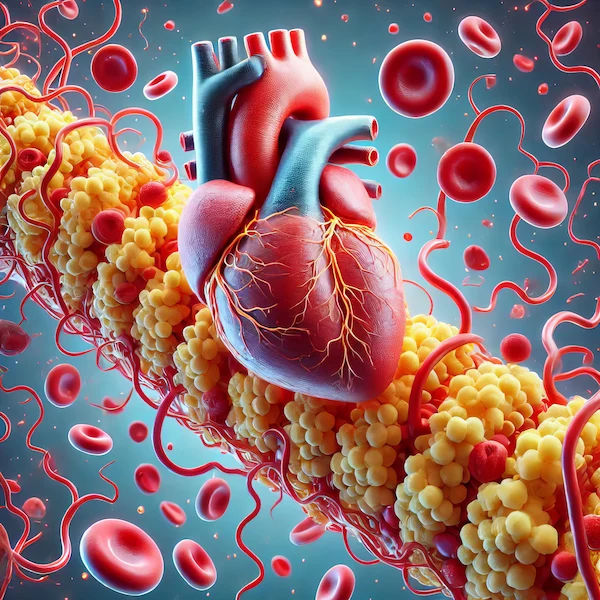- male
- 50 Years
- 29/01/2025
I'm really confused and a bit worried. I never had any blood pressure issues before, but two days ago, out of nowhere, my nose started bleeding at night. When I got my blood pressure checked at the hospital, it was 19080, which seems pretty high. The doctor prescribed me Amlodipine and Losartan, and now it's down to 12783. Just wondering, could these meds have any side effects? Any idea why my blood pressure suddenly spiked like that?
Answered by 1 Apollo Doctors
Amlodipine and losartan are commonly used to treat high blood pressure. Amlodipine is a calcium channel blocker that helps relax blood vessels to improve blood flow, while losartan is an angiotensin II receptor blocker that helps relax blood vessels by blocking the action of a natural chemical that narrows blood vessels. The common side effects of amlodipine include swelling in the ankles or feet, dizziness, and flushing. Losartan may cause dizziness, tiredness, or low blood pressure. It is important to monitor your blood pressure regularly and report any unusual symptoms to your doctor. It is not uncommon for blood pressure to suddenly spike, and there can be various reasons for it. It's good that you sought medical attention promptly. If you have any concerns about the medications or experience any side effects, please consult your doctor for further evaluation and management.
Dr. Anshul Suggests...
Consult a Cardiologist
Answered 04/07/2025
0
0

More Cardiology Health Queries
View allI'm 28 years old and I'm trying to understand if my pulse rate is normal. My blood pressure readings are around 12080 to 13084 and my pulse rate usually ranges between 96 to 106. Should I be concerned about my pulse rate? Would love to hear your advice.
its completely normal
Answered by 1 Apollo Doctors
I'm really worried about someone close to me whos been diagnosed with Dilated Cardiomyopathy. How long do you think they might be able to live with this condition?
The lifespan with Dilated Cardiomyopathy (DCM) varies significantly depending on many factors, including age at diagnosis, overall health, lifestyle changes, adherence to treatment, and response to medications. With modern treatments and proper medical care, many people with DCM can live for many years or even decades after diagnosis. The 5-year survival rate has improved significantly in recent decades, especially for those who receive early treatment and follow their doctor's recommendations. Rather than focusing on general statistics, it's best to discuss your specific case with your healthcare team, as they can evaluate your particular situation, including the severity of the condition, other health factors, and your response to treatment.
Answered by 1 Apollo Doctors
What is a heart cough?
Heavy breathing accompanied by spells of wet cough with frothy sputum that may be tinged with blood is called as "Cardiac cough or Heart cough". It is a sign of congestive heart failure. Additional symptoms such as shortness of breath on exertion or rest, leg swelling, waking up from sleep in the middle of night gasping and coughing differentiate heart cough from cough due to lung conditions.
Answered by 1 Apollo Doctors
Disclaimer: Answers on Apollo 247 are not intended to replace your doctor advice. Always seek help of a professional doctor in case of an medical emergency or ailment.




